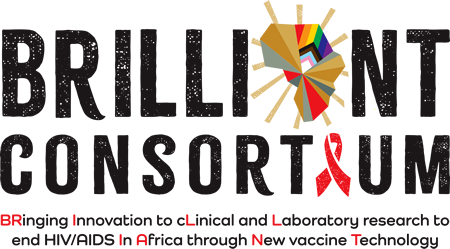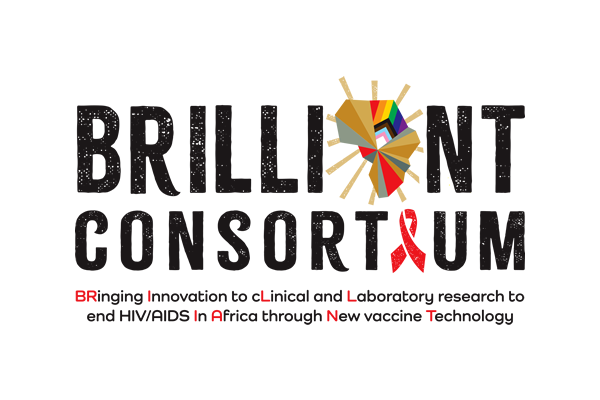Africa’s HIV vaccine research at a crossroads
 The BRILLIANT Consortium (BRinging Innovation to cLinical and Laboratory research to end HIV In Africa through New vaccine Technology) confirms the termination of funding by the USAID which directly impacts the pioneering initiative dedicated to advancing HIV vaccine research in Africa, by African scientists, and for African communities.
The BRILLIANT Consortium (BRinging Innovation to cLinical and Laboratory research to end HIV In Africa through New vaccine Technology) confirms the termination of funding by the USAID which directly impacts the pioneering initiative dedicated to advancing HIV vaccine research in Africa, by African scientists, and for African communities.
The BRILLIANT Consortium, led by the South African Medical Research Council (SAMRC), was awarded $45.6 million (about R829 million) in 2023 to develop an HIV vaccine.
The halting of financial support threatens this critical research, from laboratory infrastructure to the training of early- and mid-career researchers that are poised to lead the next generation of scientific breakthroughs.
At stake is not only the ability to develop an HIV vaccine but also the broader vision of empowering Africa’s research and clinical trials ecosystem. Plans to strengthen laboratory services, invest in training programmes, and build a self-sufficient scientific workforce have been disrupted, delaying essential research that millions of lives worldwide depend on.
Professor Ntobeko Ntusi, President and CEO of the SAMRC, has commented on the issue, seeing it as an opportunity for Africa to shape its future, because the cost of delay is counted in lives. Prof Ntusi further implored, “The search for an HIV vaccine remains one of the most urgent global health challenges. Science is led by people, and Africa has demonstrated its capacity to deliver solutions for its own health crises. Now, more than ever, there is an opportunity for the continent to take charge of its own HIV/AIDS funding and research agenda. We call upon African governments, the private sector, and philanthropic organisations to step forward, ensuring that decades of progress are not lost but rather accelerated by homegrown innovation and investment.”
The team of experts assembled together through the BRILLIANT Consortium constitutes a multi-disciplinary collaboration with partners and collaborators from Nigeria, Uganda, Kenya, Tanzania, Zimbabwe, Zambia, Mozambique and South Africa with the overall objective of developing and evaluating HIV vaccine candidates emanating from the African continent. The consortium has extensive expertise in HIV vaccine and prevention research, HIV therapeutic research including analytical treatment interruption, HIV immunogen discovery, and First in Human (FIH) experimental HIV vaccine research.
There is extensive existing capacity across the BRILLIANT laboratories and their partners for measuring immunogenicity to vaccines, including accredited end-point laboratories for major clinical trial groups that routinely generate high quality B-cell, T-cell, virus sequencing and genetic data. Leveraging existing capabilities for assessing vaccine immunogenicity to support immunogenicity assessments for the clinical trials.
Professor Glenda Gray, BRILLIANT Consortium Program Director and Principal Investigator, comments on the continued efforts to pull from different pockets to continue the path to find an HIV vaccine, stating, “We need to grow capacity in sub-Saharan Africa (SSA) and create a strong foundation for collaboration to increase opportunities that will advance the careers of promising SSA scientists in HIV vaccine research. The termination of this grant is catastrophic for the science we had proposed. Our first HIV vaccine trial was set to start at the end of January 2025, and we were in discussions to manufacture new novel vaccines to test in our network. To pick this ambitious program will require a lot of funding from all sectors within the African continent.”
Continuing on this important crossroads for Africa, Prof Gray emphasised, “We can’t possibly close this gap completely, at least not as quickly as we should to close the eminent knock on effect.”
For more information:
Mr Tendani Tsedu
Tendani.Tsedu@mrc.ac.za

